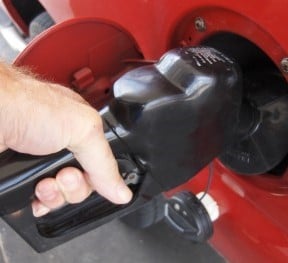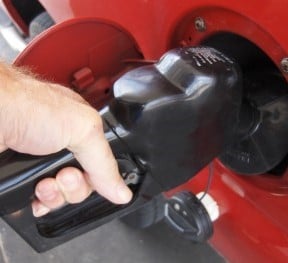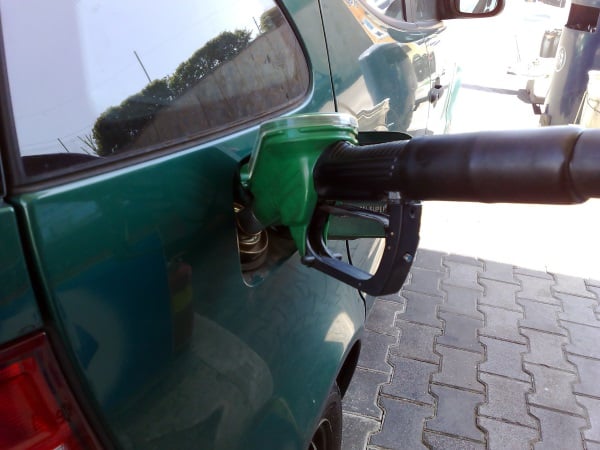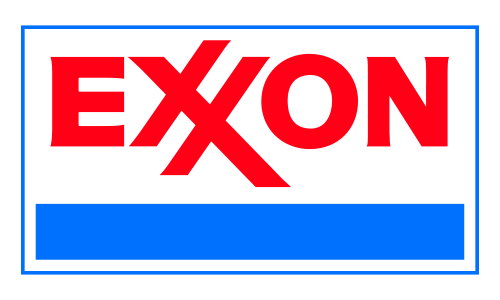Detergents in gasoline can make a big difference to your car
It wasn’t until 1996 that detergents started being required in gasoline. Before that time, you had a lot more engine deposits because the gasoline...

Fuel stabilizers are big business for diesel fuel, but may not appear to be so important in gasoline. But gasoline is still petroleum and still subject to the same processes and factors that cause instability in diesel fuel. The dominant reason why gas stabilizers aren’t as common as because gasoline doesn’t tend to be stored as long as diesel is. Time is the biggest factor in this. If you leave gasoline long enough, it will become unstable just the same as diesel fuel will.
 While gas is used up faster than diesel is, today’s conventional gasolines have a unique component that must be accounted for – ethanol content. It is this ethanol content that changes the game for gas stability. Instead of worrying about asphaltenes and heavy hydrocarbon components oxidizing and stratifying in diesel fuel, gas users have to worry about phase separation in gasoline. And this can happen in a much more compressed time frame than diesel instability will.
While gas is used up faster than diesel is, today’s conventional gasolines have a unique component that must be accounted for – ethanol content. It is this ethanol content that changes the game for gas stability. Instead of worrying about asphaltenes and heavy hydrocarbon components oxidizing and stratifying in diesel fuel, gas users have to worry about phase separation in gasoline. And this can happen in a much more compressed time frame than diesel instability will.
Fuel professionals combat petroleum instability (the kind that becomes an issue only when enough time has elapsed) through the use of diesel fuel stabilizers. These are packages of treatments that combat the major contributing factors that cause petroleum to lose its stability faster than it should. The primary protectant is an anti-oxidant, which will stop oxidation chain reactions from starting in the fuel (as you can guess from the name, oxidation happens primarily from exposure to oxygen). But they also contain dispersants to keep any heavy molecules that do form from running into each other and getting even larger. Metal deactivators are also an essential part of the mix – protectants that shield the fuel from catalytically reacting with certain types of metals (like copper and brass) they may come into contact with which have been shown to rapidly speed up fuel breakdown.
To protect your gas, a good gasoline stabilizer will contain all of these same kind of protectant as a good diesel stabilizer will. But that’s not the only thing you should be looking for.
A good gas stabilizer should also account for the ethanol stability problem with something to ward off phase separation.
Phase separation in gasoline happens when the blend absorbs too much water. From a practical standpoint, it can happen in as little as a month’s time. In such a short time frame, phase separation is the biggest cause for ethanol-blend instability.
What you want when you’re looking for a gas stabilizer is something that enhances the gas’ ability to absorb water without undergoing phase separation. There’s more than one thing out there which claims to do this, but the most important distinguishing factor is to make sure it doesn’t contain any alcohol. A stabilizer that simply uses alcohol to absorb and hold water is just making the problem worse and won’t protect the fuel in the way you need it to.
Last but not least, any gas stabilizer you'll be using in fuel that goes into your car should be EPA-registered. Car use turns it into an "over the road" fuel additive, and the law says all on-road fuel additives must be registered and approved by the EPA's Fuel Additives Division. This isn't to make sure it does everything it claims to so much as to ensure that it doesn't contain any rogue ingredients that the industry knows are unsafe to put in an engine.
You may be interested in these other posts on Gasoline and Cars:

It wasn’t until 1996 that detergents started being required in gasoline. Before that time, you had a lot more engine deposits because the gasoline...

Here's a couple of scenarios we've come across. Someone calls us at the Bell office and starts to describe a situation where they had a diesel tank...

If you're familiar with the history of ethanol in gasoline (or you're read some blog posts here), you may know that the reason ethanol is in our...